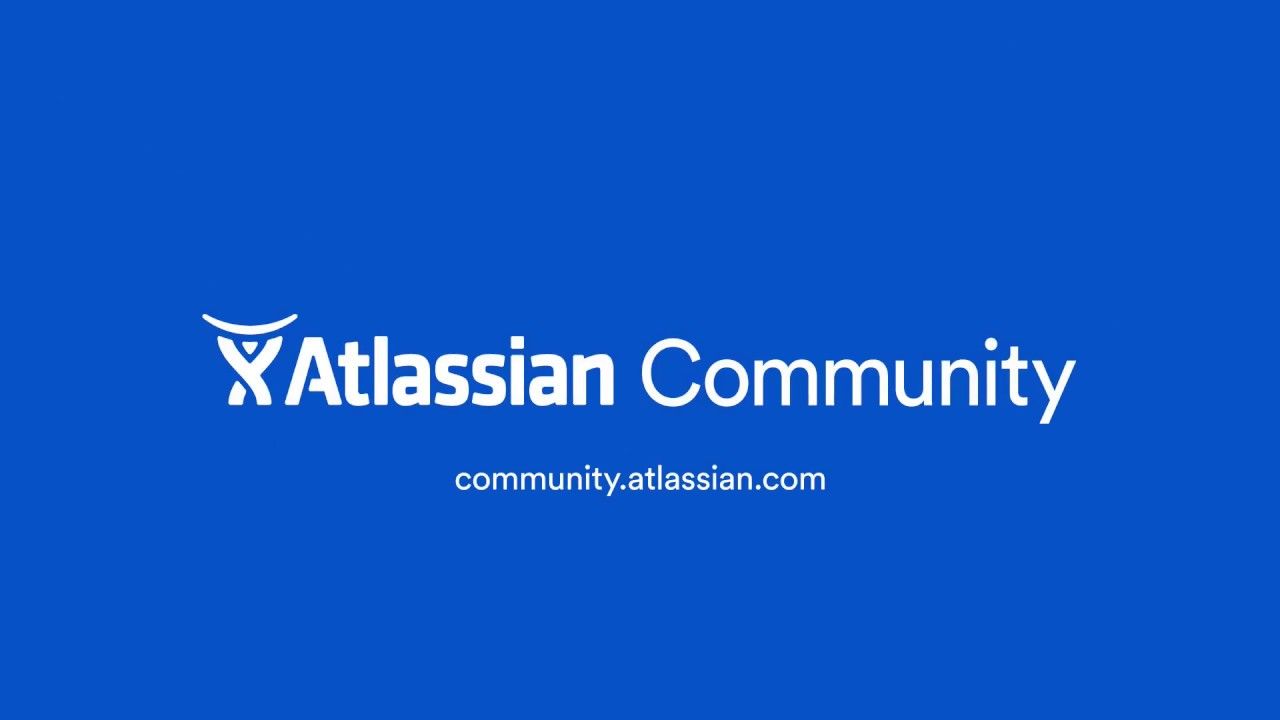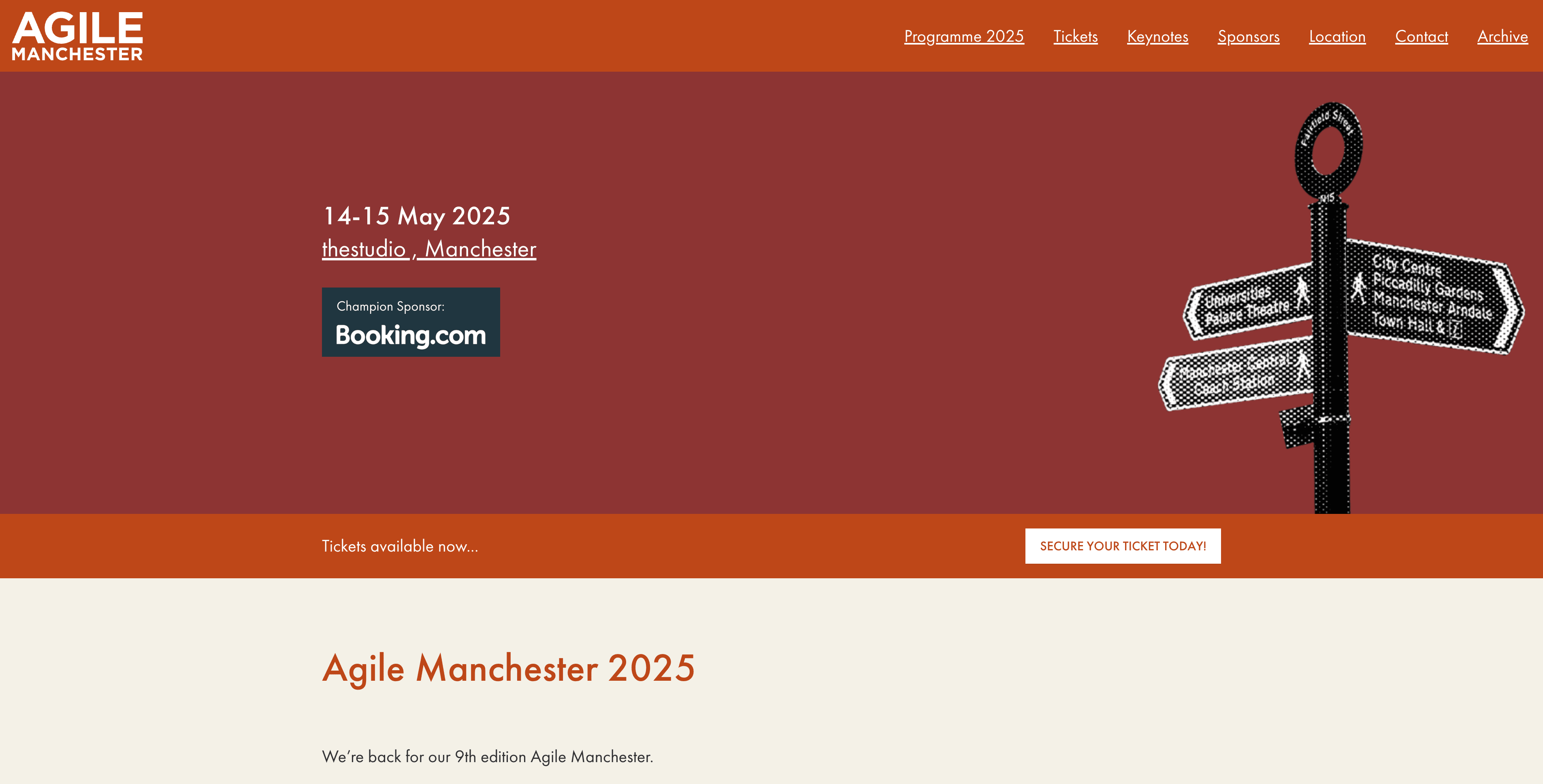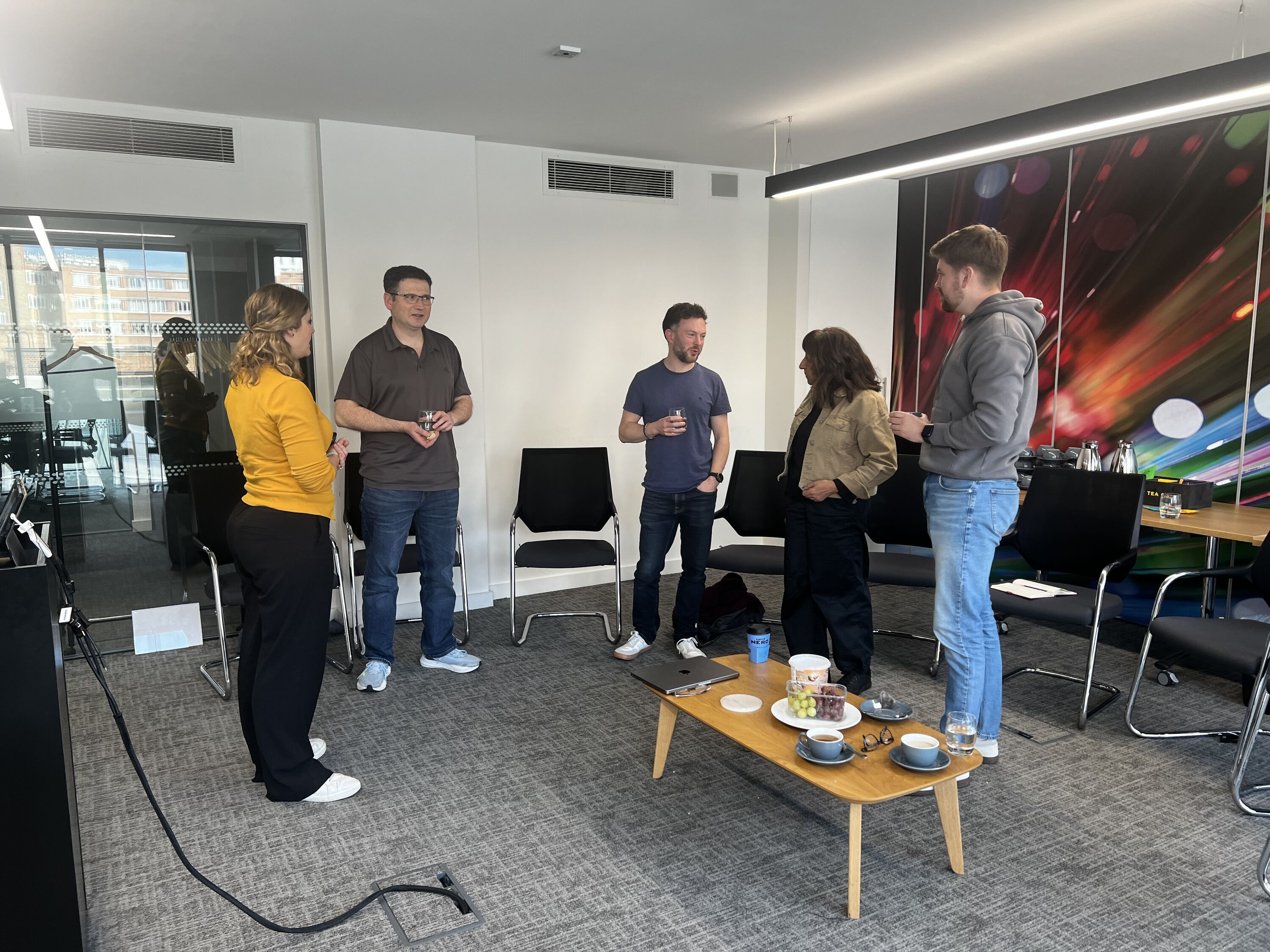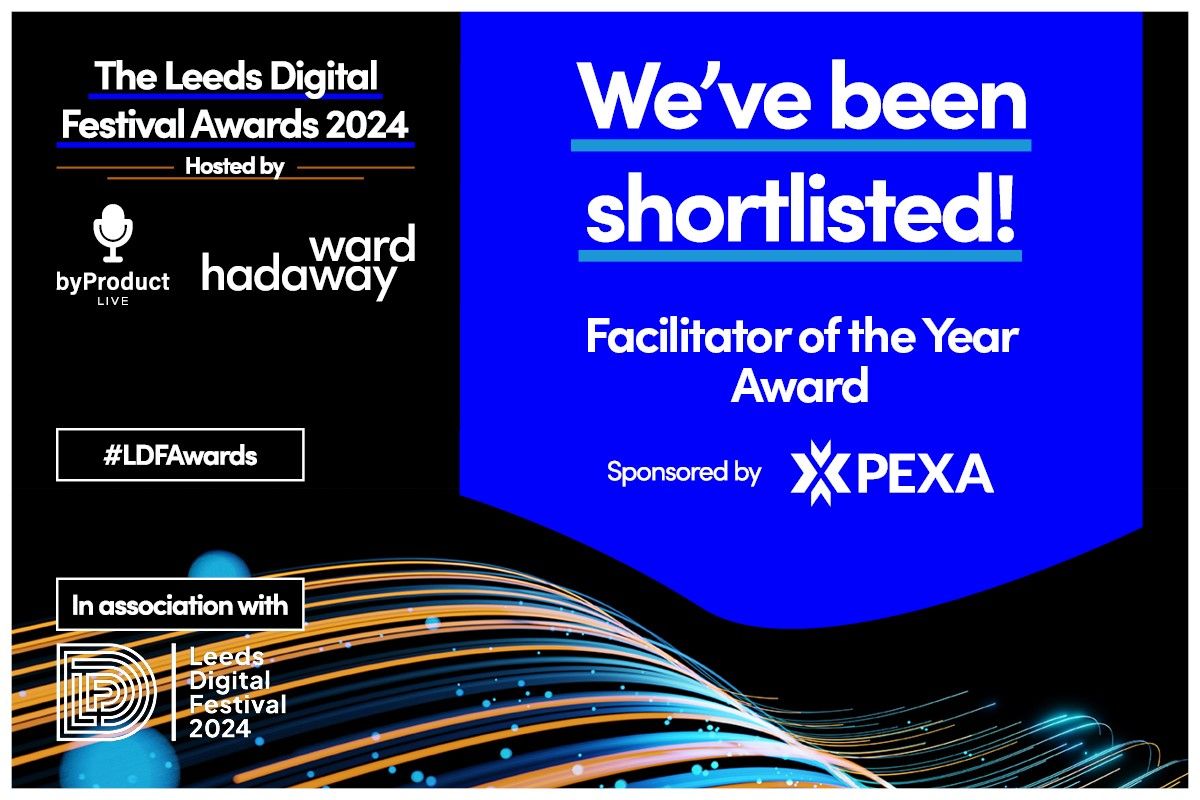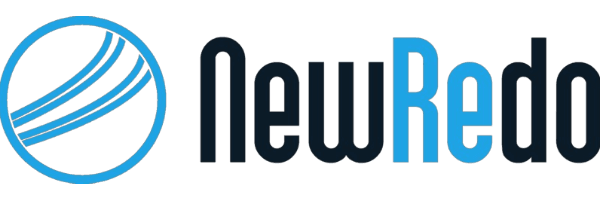Mark Stringer presents Overtime and Over Budget
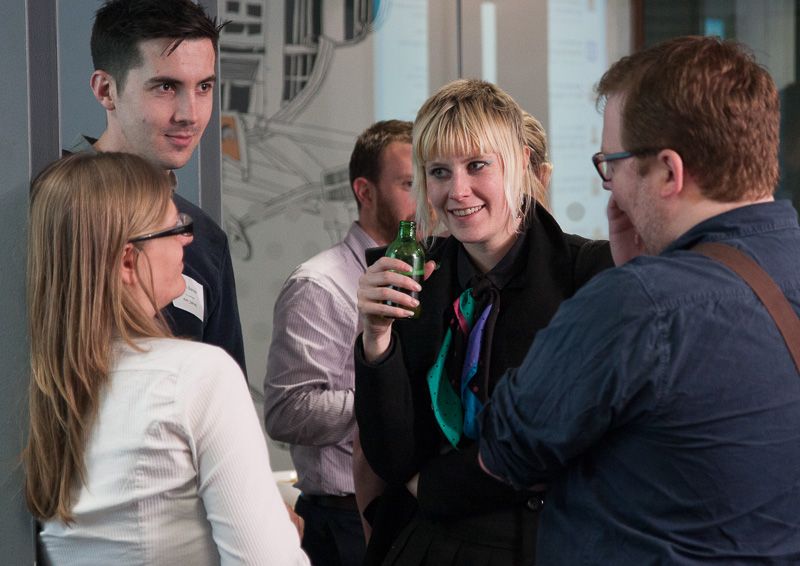
Mark Stringer presents Overtime and Over Budget
On a recent evening, Agile Yorkshire welcomed Mark Stringer, who delivered an engaging and thought-provoking talk entitled "Overtime and Over Budget". With a focus on project management and the challenges many face in delivering projects on time and within budget, Mark provided invaluable insights drawn from his extensive experience in the industry.
Mark opened his talk by addressing a universal truth in project management: most projects are late and over budget. He highlighted the paradox that while these projects often exceed expectations in terms of time and cost, they can still end up delivering significant value. This led him to discuss the Cynefin Framework, which helps to navigate complex and uncertain situations in decision-making.
One key moment in the talk was when Mark referenced Alan Watts' concept of "The World is Wiggly," explaining how the messy reality of project management often differs from the idealistic view we tend to have. He used the metaphor of "Chicken Soup for the Shirt" to illustrate how we often try to make everything fit into predefined categories, only to be surprised when the real-world complexity doesn't line up with expectations.
Mark also touched on what he called The Buckaroo Principle, which refers to the mismatch between our professional commitments and the realities of the work involved. Drawing on Hunter S. Thompson's famous quote, “We are, after all professionals,” he discussed how commitment and consistency are often at odds with the fluid nature of real projects.
The second half of his talk was more solution-focused, as Mark explored what teams can do to better manage the inevitable delays and costs. He emphasized the importance of committing to the right things and highlighted core principles from the Agile Manifesto, particularly the value of individuals and interactions over processes and tools, working software over documentation, and customer collaboration over strict contract negotiations.
Mark stressed the significance of taking an outside view when evaluating projects. He urged teams to ask critical questions like: How did similar projects perform? Is there anything unique about this project that would ensure it performs better than others? and How is this project truly valuable? To whom?
He made a distinction between the inside view—focused on cost, deadlines, and budgets—and the outside view, which looks at broader project performance, return on investment, and value to the customer. By taking this wider perspective, teams can gain a more realistic and comprehensive understanding of a project’s trajectory and success.
Mark wrapped up his talk with a call to action: by committing to communicate honestly and consistently about both the challenges and value of projects, teams can better navigate the complexities of modern software delivery. It was a valuable session for all those in attendance, providing not only a deep dive into the realities of managing projects but also actionable insights into how to improve project outcomes and align expectations with reality.
A big thank you to Mark Stringer for his time and insights, and to everyone who attended this thought-provoking evening!

